Appeals against decisions should take into account the interests of all participants – UNBA
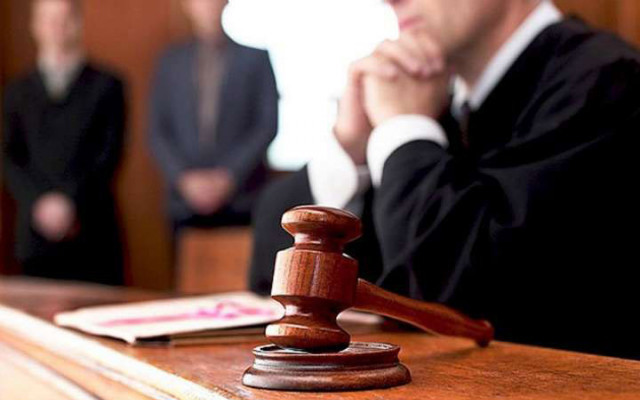
When detailing the provisions of the Criminal Procedure Code regarding the group of court decisions that may be appealed on appeal, it is necessary to take into account the interests of all participants (parties) in the criminal process.
This was pointed out by the Committee of the Ukrainian National Bar Association on Criminal Law and Procedure following the analysis of Draft Law No. 12139 dated 21.10.2024 «On Amendments to Article 392 of the Criminal Procedure Code of Ukraine regarding the Appeal of Investigating Judge's Decisions».
The document is aimed at improving the provisions of the CPC in terms of the possibility of appealing against rulings obliging the investigator or prosecutor to close criminal proceedings due to the expiration of the pre-trial investigation. To this end, it is proposed to include such rulings in the list of court decisions contained in Article 392 of the CPC.
The UNBA drew attention to the conclusion of the Grand Chamber of the Supreme Court in case No. 237/1459/17 (resolution of 23.05.2018) that if the investigating judge issues a ruling that is not provided for by the criminal procedural rules to which the provisions of Part 3 of Article 309 of the CPC refer, the court of appeal has no right to refuse to verify its legality, referring to the provisions of Part 4 of Article 399 of the CPC. The right to appeal against such a court decision is subject to the provisions of Article 7(1)(17) and Article 24(1) of the CPC, which guarantee it.
Courts of appeal often ignore the right to appeal in order to protect their rights and interests, especially at the stage of pre-trial investigation, when the investigator abuses the right to obtain certain rulings. At the same time, the person in respect of whom the investigating judge's ruling is being enforced is deprived of the right to appeal (re-examine) its legality. In turn, this may create an imbalance in the rights of the participants (parties) to the criminal proceedings and does not comply with the principle of proportionality between the rights and obligations of the pre-trial investigation body and the interested party. This position is also supported by the decision of the Supreme Court of Ukraine in case No. 243/6674/17-k, and the decisions of the Joint Chamber of the Criminal Code of Ukraine in cases No. 569/17036/18 and No. 649/3986/19.
Therefore, despite the need to detail the construction of the provision of the Criminal Procedure Code that defines the group of court decisions that may be appealed on appeal, it is necessary to take into account the interests of all participants (parties) to the criminal proceedings.
Therefore, the proposed amendments to the article do not solve the problem of reviewing court decisions where, in the complainant's opinion, the first instance court did not comply with the principle of legality and guarantees of his/her rights and freedoms. Since there are a number of rulings that are not subject to appeal, which is not consistent with the established practice of the Supreme Court. For example, the decision to cancel the seizure of property in accordance with the CPC is not subject to appeal.
Taking into account the above, the UNBA's specialized committee proposes to supplement part 1 of Article 392 with a new paragraph that will define a group of decisions that may be appealed on appeal, namely: «rulings of the investigating judge that affect the rights, freedoms and interests of any party to the criminal proceedings at the pre-trial investigation stage or another person in respect of whom the ruling was made and that affect his or her rights and legitimate interests».
Such wording, according to the UNBA, will eliminate unequal understanding of the provisions of this article and ensure equal right of appellate review of decisions of the courts of first instance.
Popular news
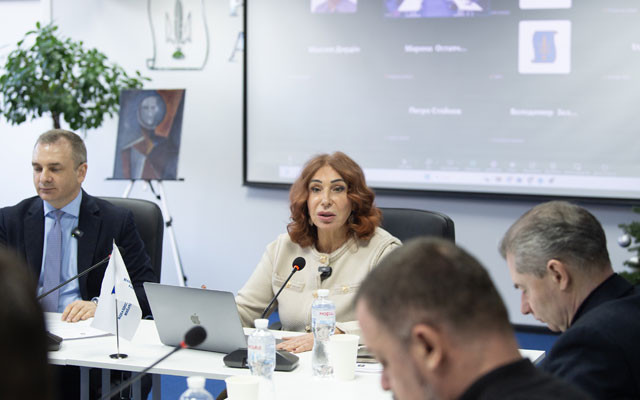
Guarantees of the practice of law
Impunity for public stigmatization of advocates violates the constitutional right to defense
The prohibition of identifying an advocate with a client is an international standard enshrined in the Law «On advocacy and legal practice». However, without accountability, this guarantee does not work, which poses a direct threat to the realization of the right to defense and the principle of adversarial proceedings.
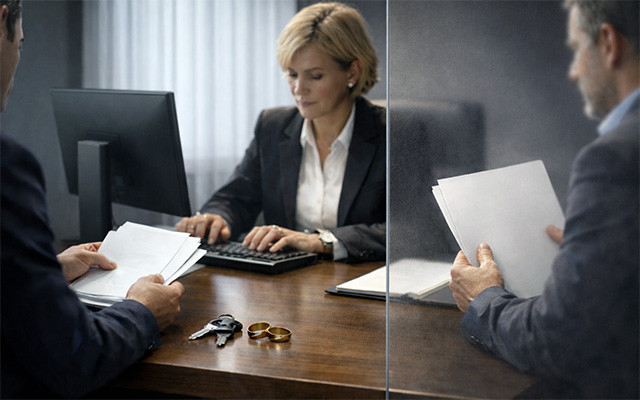
Legislation
Inheritance of a share in joint property and more: advocates have made comments
In the event of the death of one of the subjects of joint shared ownership, the shares of each of the co-owners in the joint shared ownership shall be deemed equal, unless otherwise agreed between them, by law, or by a court decision.
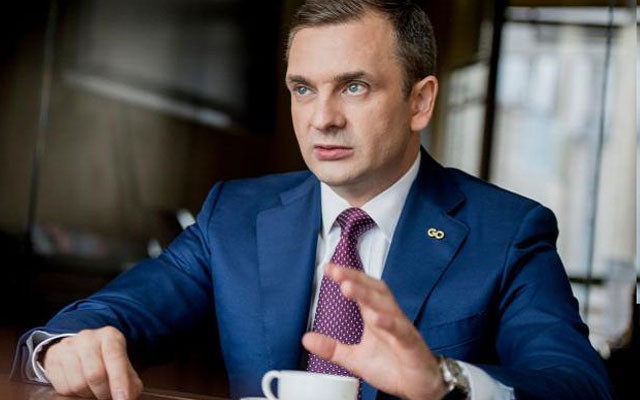
Legislation
Implementation of the Roadmap: the composition of the working group ensures a high level of expertise
The composition of the Working Group on the implementation of the Roadmap on the rule of law in relation to advocacy demonstrates the high institutional level of the experts involved by the Ukrainian National Bar Association in the formation of a package of decisions.

Legislation
UNBA initiatives to implement the Roadmap were supported by international experts
International experts who participated in the inaugural meeting of the Working Group on the implementation of the Roadmap on the rule of law in advocacy and agreed to join it expressed their support for the initiative of the Ukrainian National Bar Association.

Legislation
How will the group responsible for implementing the Roadmap for advocacy operate?
The working group on the implementation of the Roadmap on the rule of law in the area of advocacy will operate at several levels: plenary meetings as a platform for adopting framework decisions, a coordination bureau for compiling documents and calendar control, and thematic subgroups for preparing norms and their justification. International experts will verify the results against European standards and «red lines».
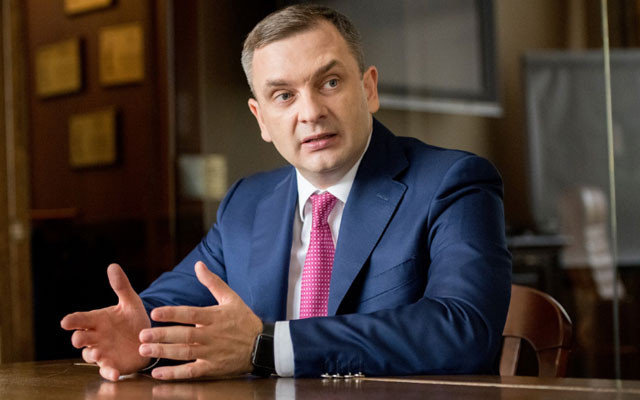
Legislation
Advocacy is a responsible entity, not a critic of reform — V. Gvozdiy
The Roadmap on the Rule of Law is not a basis for restructuring the model of advocacy, but a framework for verifying and improving the already European-oriented system. At the same time, part of the work has already been done, so further progress should be made in the form of coordinated and practical decisions.
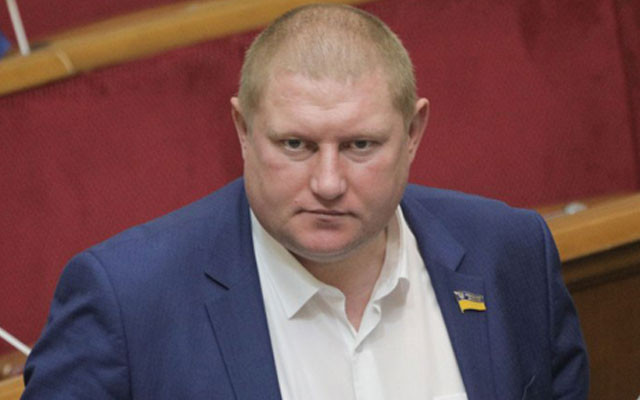
Legislation
Vatras on the implementation of the Roadmap: only advocates should create their own destiny
Work on implementing the Roadmap in relation to advocacy should be based on the participation of the professional community itself, and key tasks should be structured in such a way as to avoid mixing processes that differ in content and procedure.
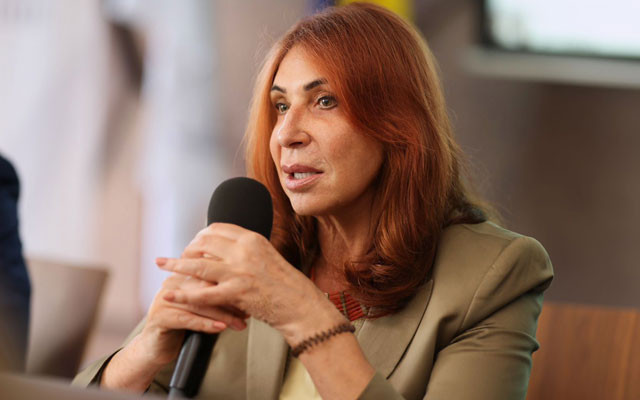
Legislation
Lidiya Izovitova outlined the approach to implementing the Roadmap for advocacy
The general approach to working on the implementation of the Roadmap on the Rule of Law in terms of reforming advocacy should not be based on «slogans», but rather on gathering facts, comparing them with standards, consulting with the professional community, and formulating norms for which participants are prepared to take responsibility.
Publications

Volodymyr Matsko Extradition as a systemic form of rights violations

Victoria Yakusha, Law and Business The anti-corruption vertical cannot «take care» of the Bar as an institution, - acting head of the HQDCB

Censor.net Protecting advocates – protecting justice: addressing concerns about the new law

Ihor Kolesnykov A BRIEF SUMMARY REGARDING THE APPLICATION OF THE ORDER ON EXTENDED CONFISCATION IN LATVIA REGARDING FINANCIAL ASSETS OF…

Valentyn Gvozdiy WORKING IN A WAR ZONE

Lydia Izovitova Formula of perfection

Sergiy Vylkov Our judicial system is so built that courts do not trust advocates

Iryna Vasylyk Advocacy in the proclamation of Independence of Ukraine
